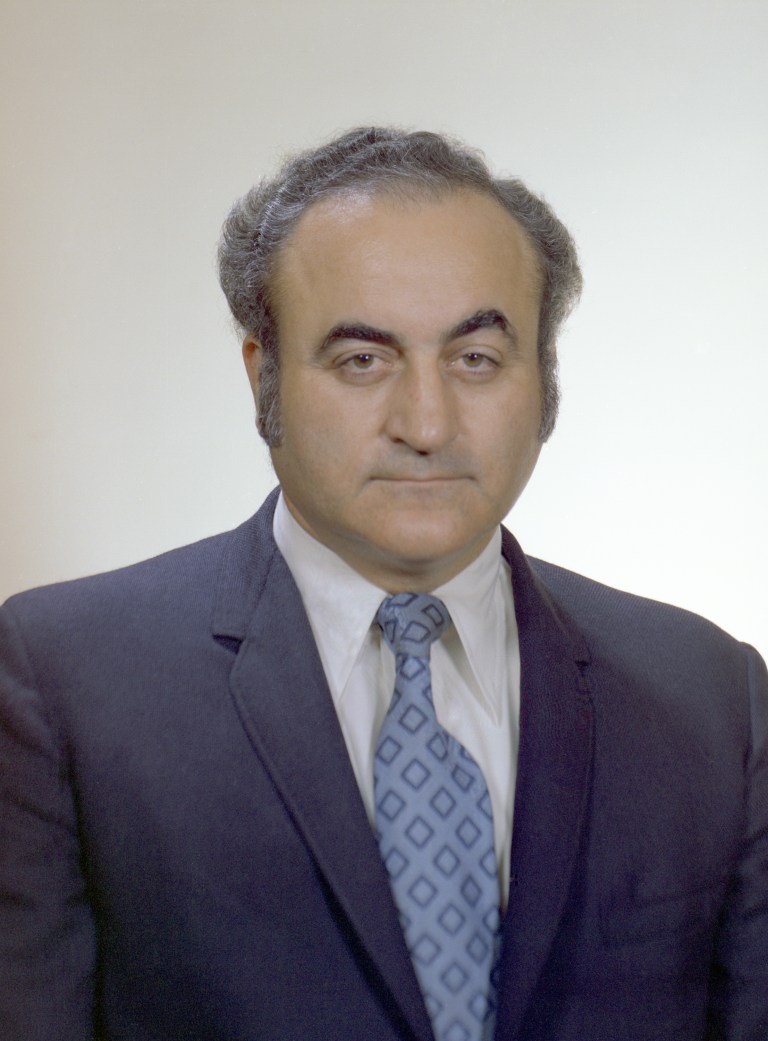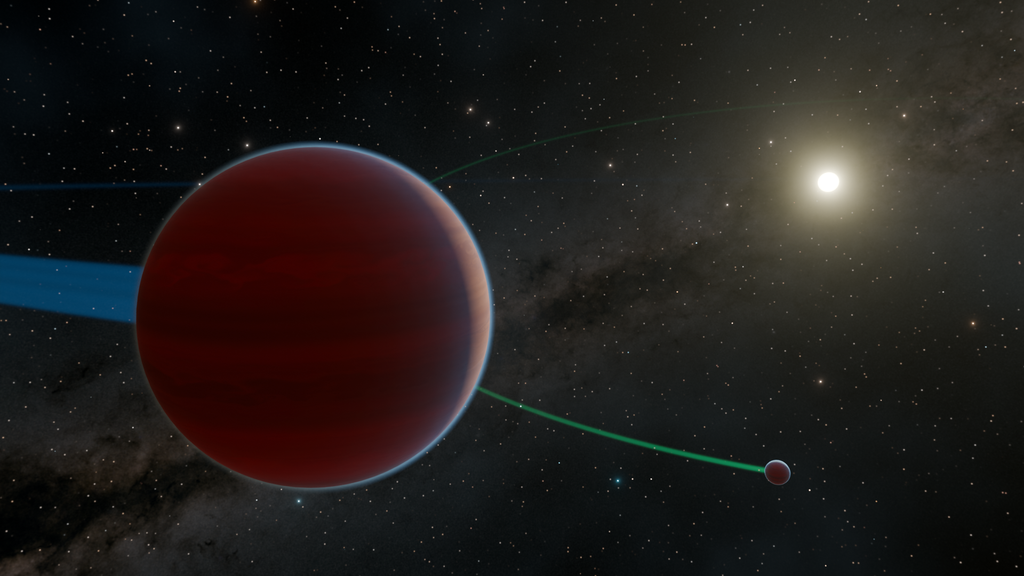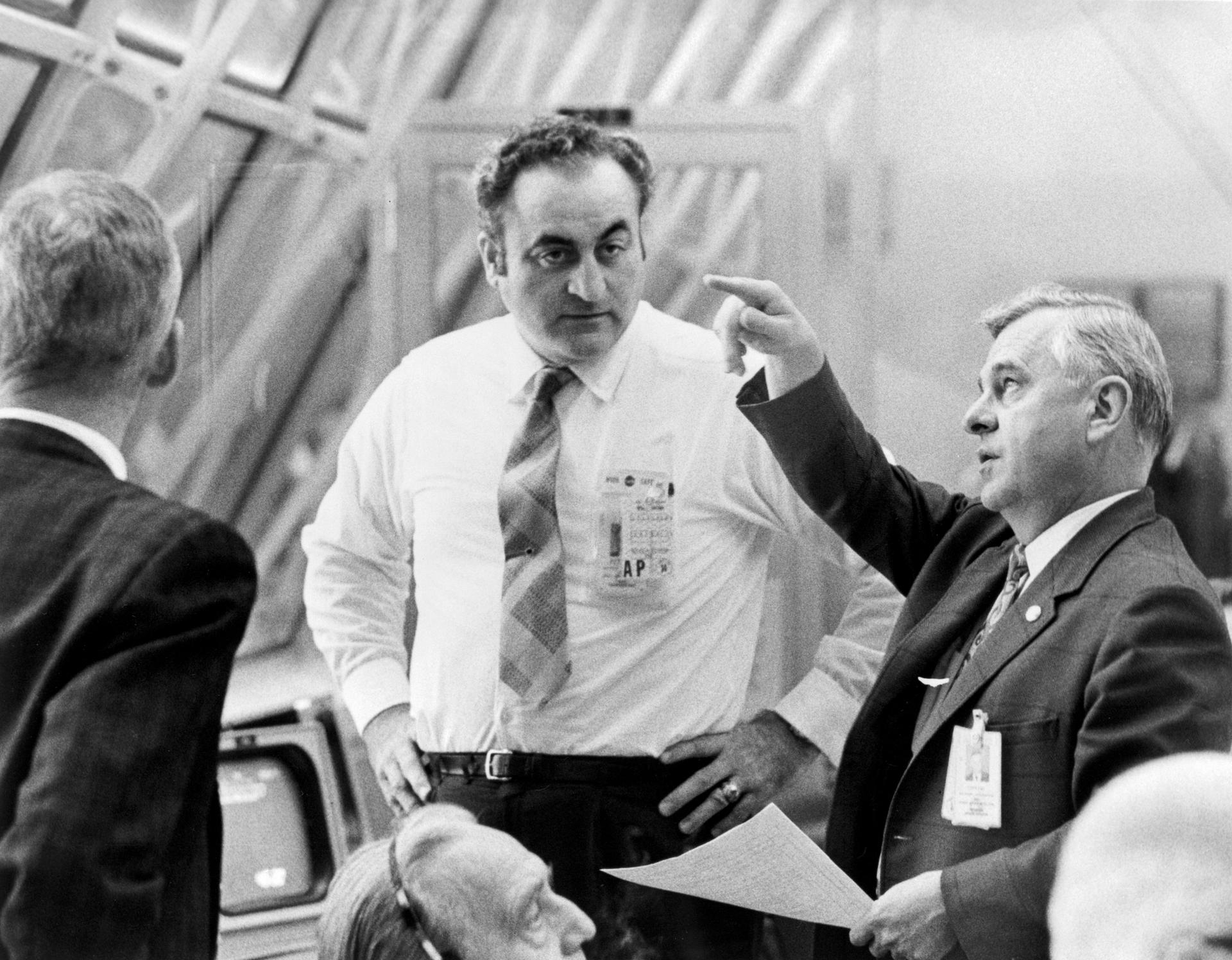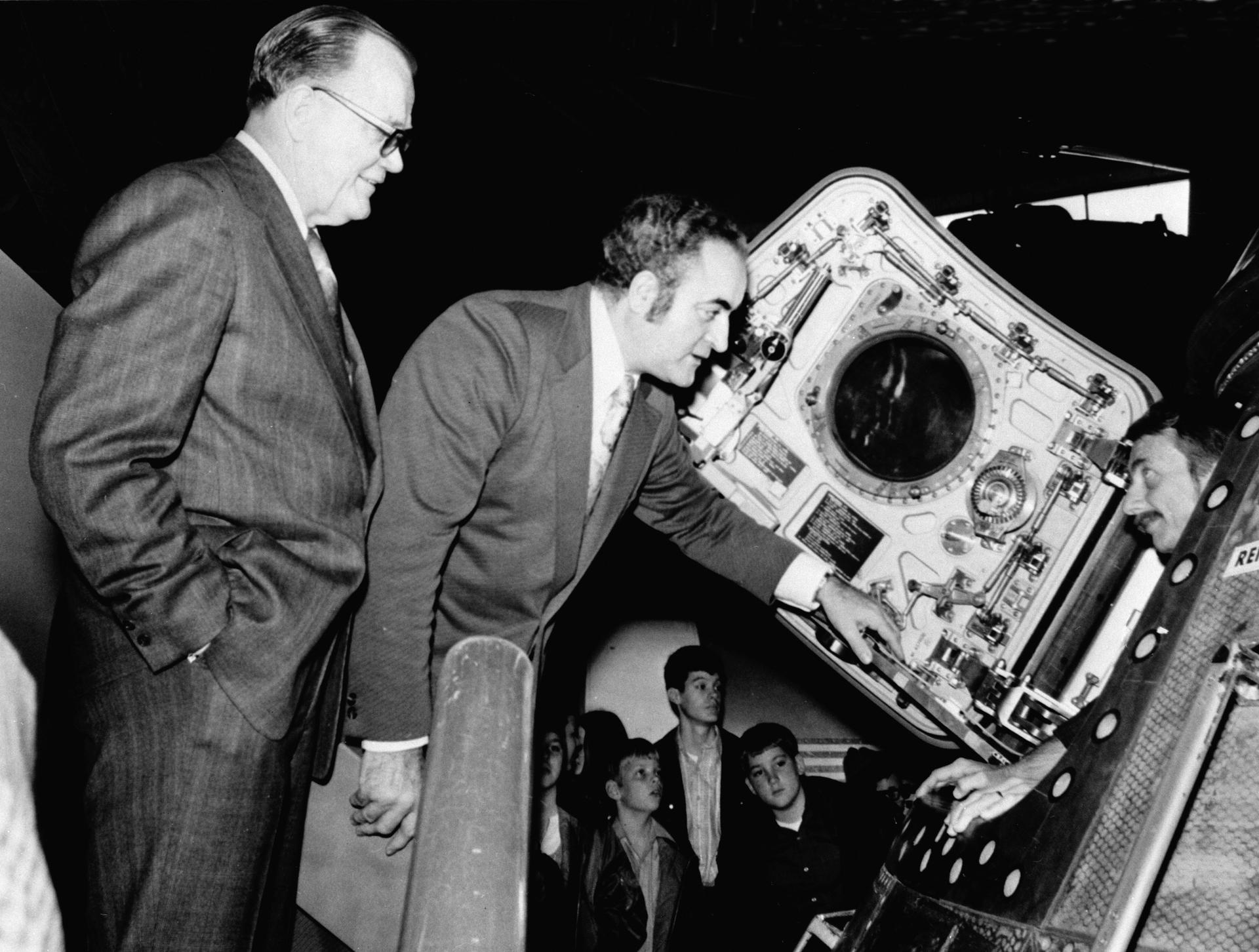
Rocco A. Petrone
Former Center Director at Marshall Space Flight Center (1973–1974)
Born in Amsterdam, N.Y., on March 31, 1926, Petrone graduated from the U.S. Military Academy in 1946. He served in the U.S. Army in Germany from 1947 to 1950. Upon his return to the States, he resumed his studies at the Massachusetts Institute of Technology in Cambridge, where he earned a master’s degree in mechanical engineering in 1951. In 1952, he was awarded a professional degree in mechanical engineering.
Petrone’s career in rocket development began in the early 1950s in Huntsville, where he participated in the development of the Redstone rocket, the nation’s first ballistic missile. He was in the blockhouse in Cape Canaveral, Fla., as a member of the Missile Firing Laboratory when the first Redstone was launched in 1953. Petrone was then detailed to the Army General Staff at the Pentagon in Washington, where he was assigned duties in the field of guided missiles.
While still on active duty with the U.S. Army as a lieutenant colonel, Petrone transferred to NASA’s Kennedy Space Center, Fla., in 1960 to serve as Saturn Project Officer. When the United States established its goal of landing a human on the moon by the end of the 1960s, the Apollo Lunar Landing Program was established. Petrone was responsible for the planning, development and activation of all launch facilities required for the Apollo Program, including Launch Complex 39 where the Apollo/Saturn V space vehicles were launched. The complex included the Vehicle Assembly Building, the launch towers, the tractor crawler and the Mobile Service Structure. He was directly involved in all successful launches of the Saturn I and IB vehicles.
Following his retirement from the Army in 1966, Petrone became director of Launch Operations at the Kennedy Space Center. He was responsible for the management and technical direction of pre-flight operations and integration, test, checkout, and launch of all space vehicles, both manned and unmanned.
Petrone personally directed the first five human-tended Apollo launches, culminating in the Apollo 11 lunar flight. In 1969, he was named director of the Apollo Program for NASA with overall responsibility for the direction and management of the Apollo Space Flight Program.
In 1972, he was assigned additional responsibilities as program director of the NASA portion of the U.S. and the former Soviet Union joint Apollo Soyuz Test Program.
Petrone was named director of the Marshall Center in 1973. During his tenure, he presided over the Marshall Center’s role in Skylab, America’s first crewed space station. In three successful missions, including a dramatic rescue, the Marshall Center, under Petrone’s direction, demonstrated convincing expertise in scientific and human-tended systems. As Marshall’s center director, he also oversaw a major center restructuring to accommodate Marshall’s changing roles and responsibilities in the 1970s.
In 1974, Petrone left the Marshall Center to accept an appointment as NASA Associate Administrator at NASA Headquarters in Washington. He directed Headquarters’ program offices, including Manned Space Flight; Space Science; Aeronautics and Space Technology; and Tracking and Data Acquisition.
In 1975, Petrone retired from NASA and became the president and chief executive officer of the National Center for Resource Recovery, a joint industry/labor effort to develop and encourage ways to recover materials and energy from solid waste. In the 1980s, Petrone held senior posts at Rockwell International.
Dr. Petrone passed away Aug. 24, 2006 at his home in Palos Verdes Estates, California.

























